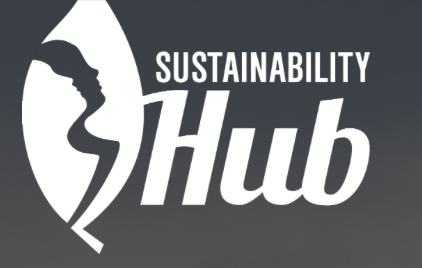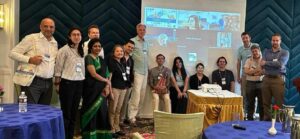Content of track 1b
Since its inauguration over two decades ago the International Sustainable Development Research Society has been in the forefront of discourses on sustainable development through the medium of scholarly papers presented by researchers at its annual conferences. The universe of knowledge created so far has helped to lay down both the theoretical foundations for a "science of sustainable development", and the bases for formulation of policies to achieve sustainable development. Research activities, and themes and tracks of the ISDRS conferences resonated with and continues to reflect the wider local and global policy-making frameworks and institutions, primarily the United Nations Sustainable Development Goals. Research methods and methodologies in academic discourses embedded in policy making, have evolved. The Brundtland Report inspired early researchers to conceptualise sustainable development through the application of research methodologies within the traditional boundaries of the social sciences. Growing recognition of the complexity of the relationship between economy, society and environment has required new and innovative approaches to the study of sustainable development. Today generative AI technology will transform economies and societies dramatically. In the context of geopolitical disturbances, the achievement of sustainable development through policy measures will require robust analytical methods for the formulation of policies and their implementation. This track seeks to explore the methodological challenges presented by these developments.
Track 1b invites academic researchers and professionals to present their work using a wide range of research methods and methodologies encompassing inter alia those of social sciences, natural sciences, engineering as well as new approaches to the study of sustainable development such as systems analysis, social network analysis, e-social science, narratives, and other qualitative and quantitative methods incorporating digital technology. New approaches such as transdisciplinary research create coproduction of knowledge by stakeholders.
It is expected that scholars contributing to this track will adopt rigorous scientific methods at all stages of their research project: research design. data collection, data quality (management, analysis and evaluation), application of results and dissemination. By strengthening the scientific basis of sustainable development research, it is hoped that papers in this track will provide a roadmap for future scholars to undertake the exploration of the complexity of the analysis of sustainable development. It would be possible then to demonstrate the impact of their research to help create and maintain a sustainable world.
News
Reinterpreting Sustainability Discourses Around the Globe
Especially towards ISDRS 2025 in Bupapest, Track 1b is working on a Special Issue of
Submissions must focus on answering the question: How can sustainability discourses be reinterpreted through a multidimensional and diversified multidisciplinary approach to provide a more inclusive, context-sensitive, and equitable interpretation of sustainability?
For more information:
For more information: deborah.martinez@ru.nl
Next Conference: Track 1b
Keep up to date with developments of ISDRS 2025.
Please, see also the information below on the Special Issue we are editing.
Who are we?
Sjors Witjes
Nijmegen School of Management, Radboud University, The Netherlands.
sjors.witjes@ru.nl
Shobhana Madhavan
Emeritus Professor
University of Westminster
Westminster Business School, London
madhavs@wmin.ac.uk
Deborah Martinez
Nijmegen School of Management, Radboud University, The Netherlands.
Deborah.martinez@ru.nl
Shoko Yamada
University of Nagoya, Japan
yamada.shoko.w2@f.mail.nagoya-u.ac.jp
Routledge & Earthscans' Sustainability Hub
Find useful essays, free books and articles, case studies and more at our partner's website:
Past conference
Workshop on Sustainability Discourses around the Globe
During the 2024 ISDRS conference in Nepal, an extensive discussion was organized with scholars fro different parts of the world sharing experiences on discourse analysis in the sustainability field. This workshop resulted in the current call for the Special Issue of Current Research in Environmental Sustainability aimed to advance the interpretation of sustainability by fostering critical reinterpretations of the concept to promote a more inclusive, context-sensitive, and equitable understanding and representation.
Knowledge Resources
Recommended Sources:
-
Academics for sustainable development; exploring consequences and dilemmas of transdisciplinary research approaches
Special Issue of the Sustainable Development journal resulting from discussion in track 1b during the ISDRS conferences 2017-2020 - Transdisciplinarity for Sustainability
This book is the result of the yearlong methodological discussions in ISDRS. - UN Sustainable Development Solutions Network for info on implementation of SDG's: a stakeholder guide.
- Useful courses available at the UN SDG Academy; see for example: "Transforming our world".

